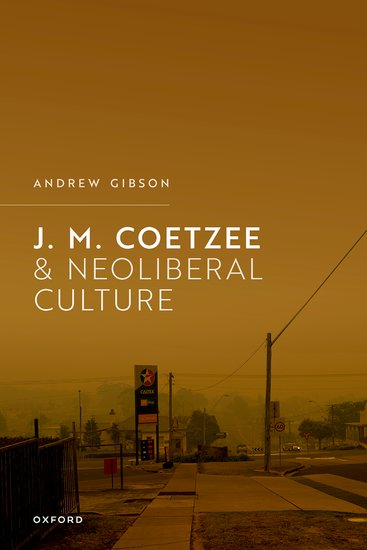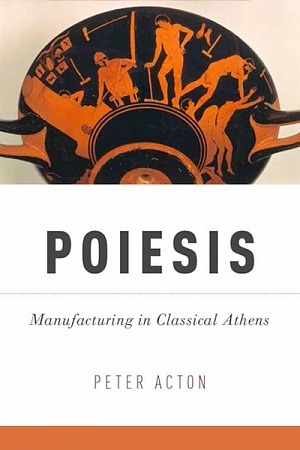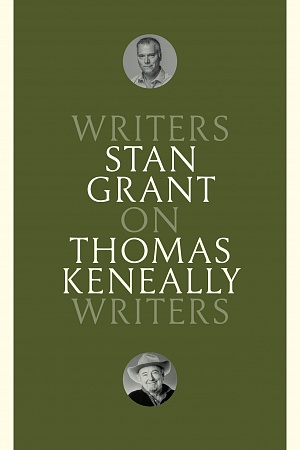J.M. Coetzee and Neoliberal Culture
Oxford University Press, £70 hb, 279 pp
An edgy affair

Anyone who has read J.M. Coetzee’s Diary of a Bad Year (2007) will vividly recall the character Alan – annoyingly brash, unethical, self-serving and sexist; one of a new generation of tech-savvy investment consultants. For British academic, literary critic, and writer Andrew Gibson, in this new study of Coetzee, these are among the typical traits of neoliberal individualism that Coetzee’s body of writing resists and critiques. Gibson characterises contemporary global neoliberalism as having led not just to the impoverishment of modern culture but to a lack of planetary care, resulting in climate change, precarity, and depleted resources. The book’s dustjacket brings these issues closer to home; it features an apocalyptic image of the thick orange smoke from the 2019 bushfires at the New South Wales coastal town of – appropriately – Eden. (Gibson was in Australia at this time as a Visiting Professor at the J.M. Coetzee Centre for Creative Practice in Adelaide.)
Gibson describes himself as a ‘neophyte’ in Coetzee studies, having only started reading his novels in 2005 while staying at the home of a colleague in Paris, a belated response to the exhortations of his friend, Coetzee scholar Yoshiki Tajiri, to read them. This enables him to propose new readings of Coetzee’s literary works from a more contemporary and global perspective, signalling, for the most part, his difference from those critics who came before. He aims to move away from interpretative literary criticism to what he calls interventionist criticism via the method of ‘strong reading’ proposed by Jean-Jacques Lecercle. For Gibson, this involves focusing on a particular problem – that of how to resist neoliberal culture usefully – and then to ‘work alongside’ Coetzee’s work, by analysing the literary means by which the texts perform this ‘politics of the aesthetic’ (Jacques Rancière’s term).
Gibson finds echoes of his own almost polemical critique of neoliberal culture in his readings of Coetzee, whose thought, he writes, ‘is at odds with the normative parameters of disingenuous neoliberal discourse’. He admits, though, that this critique may often be identified more as a tone in the writing than as direct thematic engagement. Even so, he proposes nothing less than ‘a Coetzeean ontology’ that includes its own ‘especial form of dissidence’, emphasising the heft and contemporary importance of Coetzee’s literary work.
Continue reading for only $10 per month. Subscribe and gain full access to Australian Book Review. Already a subscriber? Sign in. If you need assistance, feel free to contact us.












Leave a comment
If you are an ABR subscriber, you will need to sign in to post a comment.
If you have forgotten your sign in details, or if you receive an error message when trying to submit your comment, please email your comment (and the name of the article to which it relates) to ABR Comments. We will review your comment and, subject to approval, we will post it under your name.
Please note that all comments must be approved by ABR and comply with our Terms & Conditions.